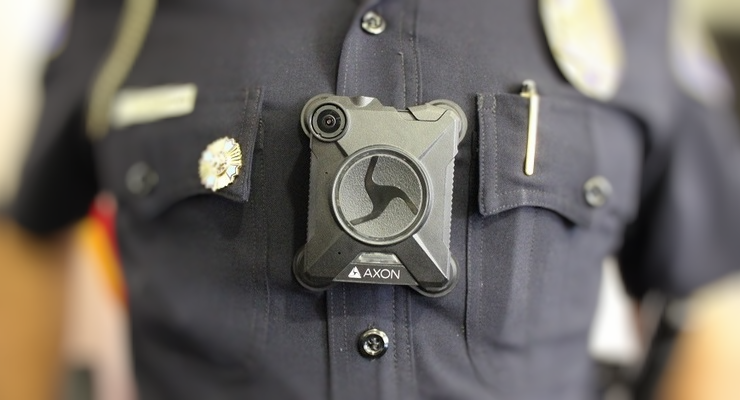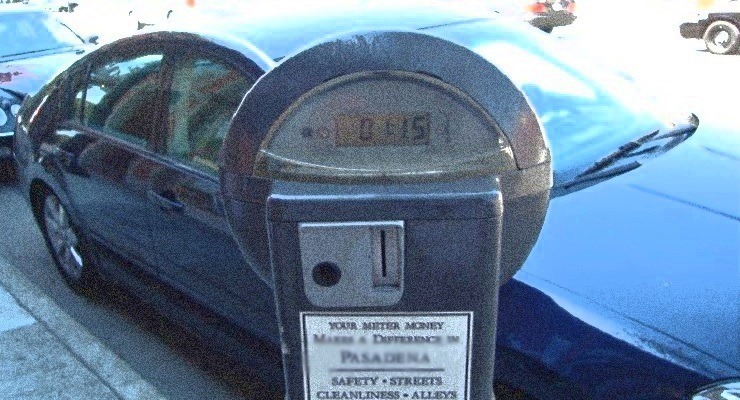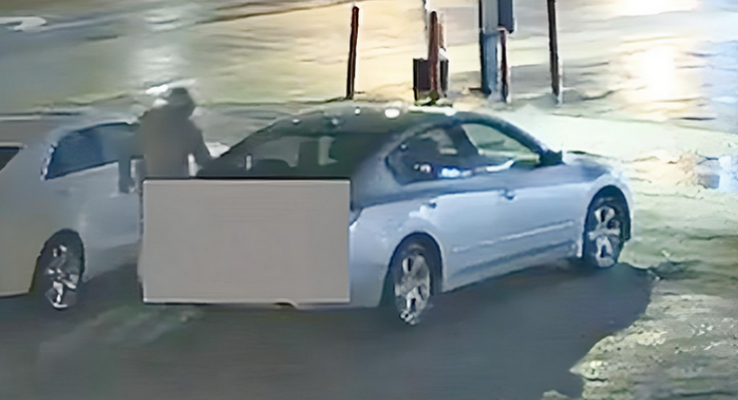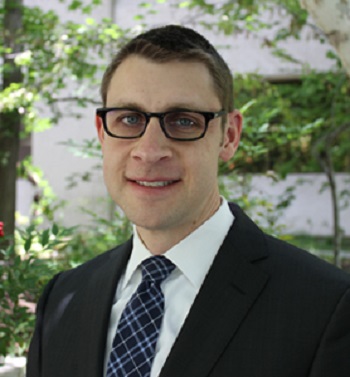 At the end of June, via Zoom, Pasadena’s Transportation Advisory Commission or “TAC” held its first meeting in five months due to the Covid-19 pandemic that has affected so many lives in our community. In addition to being TAC’s first virtually held meeting, it was also my last as a member, having served as the District 7 representative since 2013.
At the end of June, via Zoom, Pasadena’s Transportation Advisory Commission or “TAC” held its first meeting in five months due to the Covid-19 pandemic that has affected so many lives in our community. In addition to being TAC’s first virtually held meeting, it was also my last as a member, having served as the District 7 representative since 2013.
While proud of my time on TAC, the past several months have provided some critical distance and strengthened my view that our city commissions are invaluable resources that are undervalued and underutilized. Furthermore, I believe that Pasadena and our City Council should use our commissions to further engage with the public and develop and vet policies that affect every corner of our city.
Pasadena has more commissions, committees, and boards than its neighbors because they all serve a critical function – community participation with knowledgeable and informed members of the public. These commissions help advance diverse issues such as arts and culture, planning, accessibility and disability, the status of women, and now potentially police oversight.
During my time on TAC, I had the privilege to serve alongside transportation engineers, affordable housing developers, community organizers, and a retired bus driver, to name just a few. Other than our dedicated city staff, few know these complicated issues better than these commissioners because they bring both their professional expertise and real-life experience. Because of their unique qualifications, we should expect more from our commissions because of the unique position they play in serving both the public and the City Council.
One of the most controversial issues that arose during my time on TAC was the proposed construction of a road diet along Orange Grove Boulevard. This plan would have reduced the number of vehicle travel lanes as well as created a center-left turn lane with buffered bike lanes. Because departments did not develop an adequate public outreach strategy and leverage the knowledge of our commissions, the situation has become a case study in how well-intentioned government objectives and community group interests do not always align. The lasting effects have included the erosion of public trust and an increase in public division.
In the case of Orange Grove Boulevard, TAC or other city commissions could have interfaced with the City Council and department staff earlier so that they could have played a more constructive role. Our commissions could have dedicated meetings to provide both City departments and the public the opportunity to evaluate plans and express their support or opposition. By doing so, commissioners could have helped ease tensions by listening and aiding in the development of a thoughtful community-based compromise that benefited most interests and assisted the work of the Departments of Public Works and Transportation and the City Council.
As a city, we are facing significant health and economic challenges. When we ask so much of our elected officials and our tireless public servants, we need to acknowledge that they are sometimes under-resourced from both a personnel and informational standpoint. To expect our City Council and Pasadena employees to do everything is unrealistic and unfair. However, with some changes to how we utilize our Commissions, they can help alleviate this strain by bridging the gap between the government and the public.
Like many other commissions, TAC operates as an advisory body to the City Council and its expressed purpose is to discuss, analyze, evaluate, and make policy recommendations. But far too often commissions are brought into discussions too late to make substantive impacts. The result is that they are relegated to a more reactive and isolated role than a proactive and visible one and thus operate more like islands than part of an integrated system.
Therefore, a proposed solution is to empower commissions to develop regular and actionable policy recommendations to the City Council. The first step toward this objective is for our commissions to hold additional meetings and not just in one location, but across the city, so that they can hear the diverse opinions of our residents, businesses, and visitors.
When I look back at my time on TAC, I am incredibly proud of its work, such as updating transportation metrics from level of service (LOS) to vehicle miles traveled (VTS) and advocating for more significant funding for alternative transportation infrastructure. However, TAC often worked without public input because our meetings were not easily accessible, and because we did not prioritize community outreach, and this should not be the case.
Every person who has served on a commission knows that there are limits, rules of operating, and systems to protect the public, city departments, and the City Council. These are essential checks on balancing power, and non-elected commissions need to be careful and considerate not to overstep their authority or burden city staff. Keeping these considerations in mind, however, commissions can and should play a more significant part in shaping Pasadena into the place we want it to be.
Going forward, I believe that there are two things that, as a city, we should consider. First, the City Council should fully take advantage of our commissions by assigning them more responsibility and providing them with additional autonomy to explore issues so that they can actively participate in policy recommendations.
And second, commissioners should demonstrate greater leadership in the community. Aptly positioned, commissioners should use their time of service to promote issues, call for action, communicate and educate others, and bring additional voices and diverse viewpoints into the process.
Pasadena has so many public commissions because it highly values community involvement and the free and respectful exchange of ideas. Accordingly, we need to update the role of our commissions now so that they can act in an effective, engaging and approachable way.
James De Pietro represented District 7 as a member of the City of Pasadena’s Transportation Advisory Commission from 2013 to 2020 and served as its Vice Chair and Chair during his tenure. He lives and works in Pasadena.












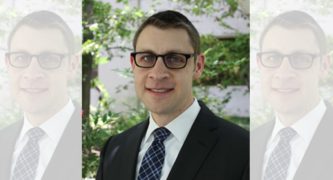

 1 comment
1 comment
